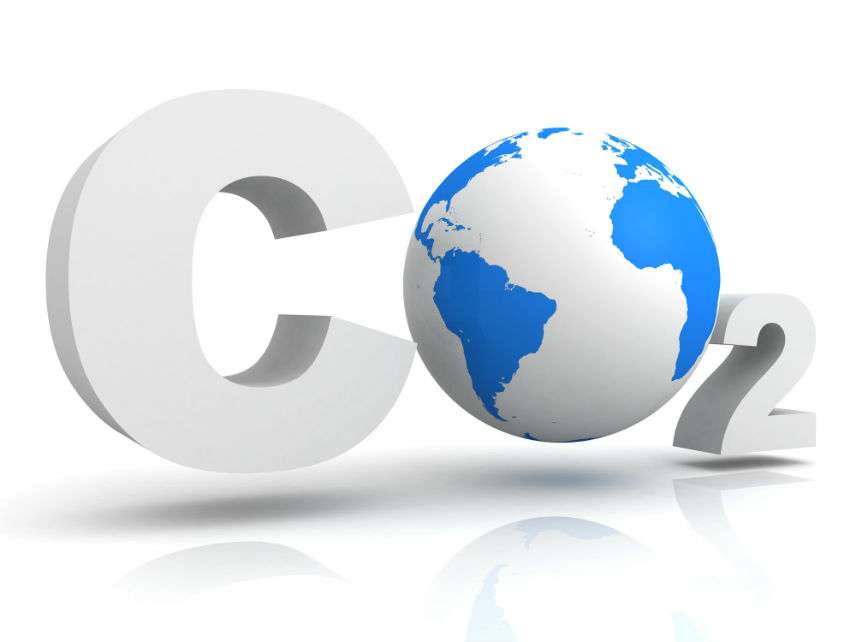Every European Union Country Is Failing to Meet Their Climate Change Commitments
Meanwhile U.S. carbon dioxide emissions continue to fall

Nearly every country in the European Union is failing to live up to its Paris Agreement on climate change commitments to reduce their carbon emissions, a new report reveals. The report makes clear how difficult it is for countries with advanced economies to substantially reduce carbon emissions, even with political systems that are strongly committed to doing so.
Twenty-three out of the 28 European Member states score poorly with respect to honoring their commitments under the Paris Agreement, according to a new report from the environmental activist group Climate Action Network Europe (CAN Europe.)
The folks at CAN Europe note that the E.U. adopted the Paris Agreement in 2015 and committed to pursue efforts to limit temperature rise to 1.5°C over the pre-industrial global average temperature by 2100. Their researchers find that E.U. Member "contributions proposed at the Paris talks are nowhere close enough to keep temperature rise below this threshold." Under the Paris Agreement, the E.U. has promised a 40 percent cut in its emissions below their 1990 levels by 2030.
In its ranking of E.U. countries, CAN Europe finds that "all E.U. countries are off target: they are failing to increase their climate action in line with the Paris Agreement goal. No single E.U. country is performing sufficiently in both ambition and progress in reducing carbon emissions." This is not to say that EU countries have not cut their carbon dioxide emissions over the past decade.
Overall, according the BP Statistical Review of World Energy 2018 report, the E.U. carbon dioxide emissions are down by 12.4 percent since 2007. Interestingly, emissions since 2014 have been going up in 14 out of the 19 larger E.U. countries listed by BP. These countries include Germany, France, Poland, Spain, and the Netherlands. For Europe as a whole carbon dioxide emissions increased by 2.5 percent in 2017.
In contrast, U.S. carbon dioxide emissions continue their downward trend, dropping by 15.2 percent since 2007. In 2017, they fell by 0.5 percent. It is worth noting that a new report by the Rhodium Group consultancy suggests that the U.S. is on track to meet earlier Obama adminstration promises under the earlier Copenhagen Accord to reduce U.S. carbon dioxide emissions by 17 percent below their 2005 levels by 2020. The Rhodium Group report further noted that between 2005 and 2016 almost 80 percent of the reductions in U.S. carbon dioxide emissions came from the electric power sector as coal-fired plants were closed down and utilities switched to burning lower carbon natural gas to generate electricity.
Of course, President Trump has started the process of withdrawing the United States from the Paris Agreement under which the Obama administration set the target of reducing by 2025 U.S. greenhouse gas emissions between 26 to 28 percent below their 2005 levels. The Rhodium folks report that the current pace of U.S. decarbonization is insufficient to meet that goal. On the other hand, the E.U. at its current of rate of decarbonization seems unlikely to meet its goal of cutting emissions relative their 1990 levels by 40 percent by 2030, much less achieve even deeper cuts implied by the goal of keeping temperatures from rising 1.5°C above the pre-industrial global average.


Show Comments (42)